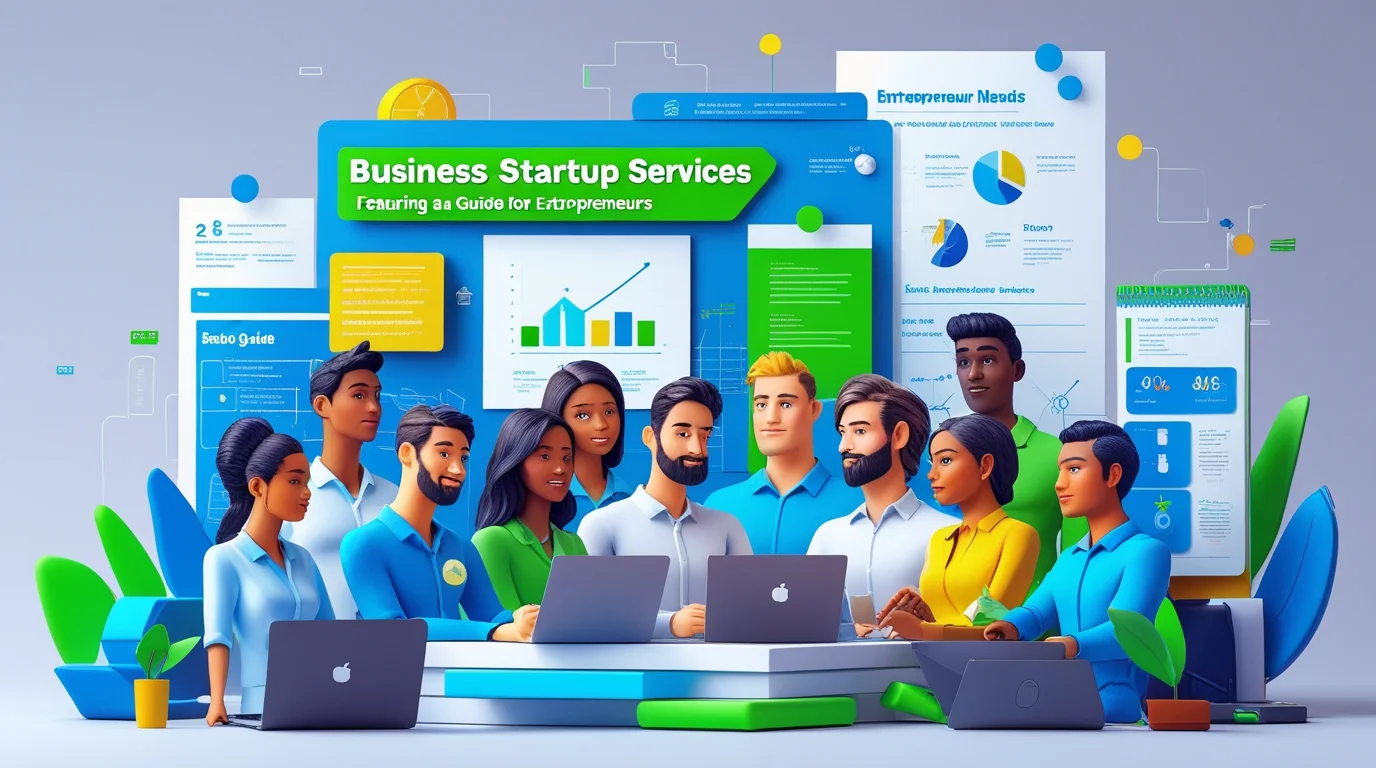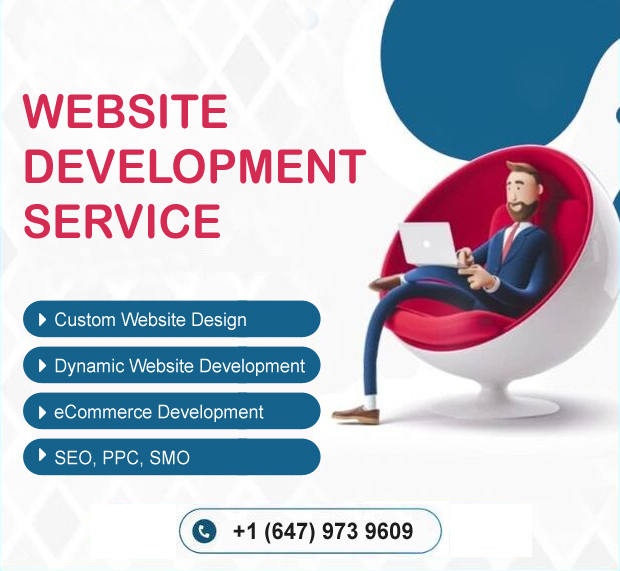The healthcare industry has undergone a remarkable transformation over the past decade, and one of the key drivers of this change has been mobile app development. With smartphones becoming an inseparable part of our daily lives, patients, doctors, hospitals, and even pharmaceutical companies are embracing mobile technology to improve healthcare delivery.
From online doctor consultations to health monitoring apps, mobile app development in healthcare has introduced a new era of accessibility, efficiency, and innovation. This blog explores the significance, applications, benefits, challenges, and future of healthcare mobile apps while also shedding light on why businesses in this sector are increasingly investing in custom solutions.
The Rise of Mobile Apps in Healthcare
The global digital health market has seen exponential growth, largely fueled by mobile app innovation. According to industry reports, there are more than 350,000 healthcare apps available on app stores worldwide, catering to various needs ranging from fitness and nutrition to chronic disease management and telemedicine.
The rise of healthcare apps has been influenced by:
- Increasing smartphone penetration
With billions of people owning smartphones, healthcare apps have become accessible to almost everyone. - Demand for remote healthcare
Especially after the COVID-19 pandemic, telemedicine apps and remote patient monitoring solutions have surged. - Shift toward preventive healthcare
People are more conscious about fitness, diet, and overall wellness, driving the popularity of lifestyle and wellness apps. - Technological advancements
Integration of Artificial Intelligence (AI), Machine Learning (ML), Internet of Things (IoT), and wearable devices has made apps smarter and more effective.
Types of Healthcare Mobile Apps
Healthcare mobile apps are diverse and designed to serve different audiences—patients, doctors, hospitals, and even insurance providers. Here are the most common types:
1. Telemedicine Apps
These apps connect patients with healthcare professionals through video consultations, messaging, or audio calls. Examples include Teladoc and Amwell.
2. Health & Fitness Apps
Focused on wellness, fitness tracking, and diet management, these apps allow users to monitor workouts, calorie intake, and activity levels.
3. Chronic Disease Management Apps
For conditions like diabetes, hypertension, or asthma, these apps help patients monitor vital signs, track medications, and receive timely alerts.
4. Medication Reminder Apps
These apps ensure that patients never miss their prescribed doses, reducing risks of complications.
5. Electronic Health Record (EHR) Apps
Designed for doctors and hospitals, these apps store and manage patient medical history in digital format for quick access.
6. Remote Patient Monitoring Apps
Paired with wearables, these apps allow healthcare providers to track patient vitals such as heart rate, oxygen levels, and blood pressure remotely.
7. Mental Health Apps
Apps like Calm and Headspace provide meditation, therapy sessions, and emotional well-being solutions.
8. Women’s Health Apps
Covering menstrual cycle tracking, fertility, and pregnancy care, these apps are becoming increasingly popular.
Key Benefits of Mobile App Development in Healthcare
The advantages of healthcare mobile apps extend to both patients and medical professionals. Let’s explore:
For Patients:
- 24/7 Access to Healthcare – Patients can consult doctors anytime, anywhere.
- Improved Convenience – No need to wait in long hospital queues.
- Cost Efficiency – Teleconsultations reduce unnecessary travel and hospital visits.
- Personalized Care – Apps deliver tailored health insights based on user data.
- Health Monitoring – Real-time tracking helps patients stay on top of their wellness.
For Healthcare Providers:
- Better Patient Engagement – Doctors can monitor and guide patients effectively.
- Reduced Administrative Burden – Digital records reduce paperwork.
- Efficient Resource Management – Hospitals can optimize staff schedules and appointments.
- Data-Driven Insights – AI-powered apps help in diagnosis and predictive analytics.
- Stronger Patient Loyalty – Offering digital solutions increases trust and satisfaction.
Features of a Successful Healthcare Mobile App
Developing a healthcare mobile app requires a balance of functionality, security, and user experience. Key features include:
- User-Friendly Interface (UI/UX) – Easy navigation and accessibility are crucial.
- Secure Login & Authentication – To protect sensitive patient data.
- Appointment Booking System – Seamless scheduling and reminders.
- Video/Audio Consultation – High-quality, real-time communication tools.
- Integration with Wearables & IoT Devices – For real-time health tracking.
- AI-Powered Chatbots – For instant assistance and triaging.
- E-Prescriptions – Doctors can send prescriptions directly via the app.
- Push Notifications – For reminders, follow-ups, and medication alerts.
- Data Encryption & HIPAA Compliance – Ensuring patient confidentiality.
- Multi-language Support – For global usability.
Technologies Powering Healthcare Apps
Modern healthcare apps are powered by cutting-edge technologies:
- Artificial Intelligence (AI) – For diagnosis, chatbots, and data analytics.
- Blockchain – Ensures secure storage of health records.
- Internet of Things (IoT) – Wearables and sensors track real-time data.
- Cloud Computing – Enables storage and access to massive health data.
- Augmented Reality (AR) & Virtual Reality (VR) – Used in training, rehabilitation, and therapy.
- 5G Networks – Enhancing telemedicine with faster, more reliable connections.
Challenges in Healthcare Mobile App Development
Despite the advantages, healthcare app development comes with challenges:
- Data Security Concerns – Protecting sensitive patient information is critical.
- Regulatory Compliance – Apps must comply with HIPAA (USA), GDPR (Europe), or other regional healthcare laws.
- High Development Costs – Building feature-rich, secure apps can be expensive.
- User Adoption Issues – Some patients and doctors may resist digital change.
- Integration with Legacy Systems – Hospitals using outdated systems may face compatibility challenges.
Future Trends in Healthcare Mobile Apps
The future of healthcare app development is exciting, with innovations paving the way for advanced solutions:
- AI-Driven Predictive Healthcare – Apps will predict potential health issues before they arise.
- Wearable Tech Expansion – Integration with smartwatches and devices will become mainstream.
- Virtual Hospitals – Patients will get full healthcare services online.
- Personalized Healthcare Plans – AI will design custom wellness programs.
- Voice Technology in Apps – Voice commands will make healthcare apps more accessible.
- Metaverse Healthcare – Virtual reality consultations and surgeries may soon be a reality.
Case Studies of Successful Healthcare Apps
1. MyFitnessPal
A popular fitness app that helps users track diet and exercise. It has inspired millions to take control of their health.
2. Teladoc Health
A leading telemedicine platform offering virtual healthcare services across the globe.
3. Fitbit
Combining wearable technology with mobile apps, Fitbit enables real-time tracking of physical activity and sleep.
4. Practo
An Indian healthcare app that allows patients to book doctor appointments, consult online, and access medical records.
Why Healthcare Businesses Should Invest in Mobile App Development
Healthcare providers who invest in mobile apps gain:
- Competitive advantage over traditional healthcare setups.
- Increased patient satisfaction and loyalty.
- Better operational efficiency and reduced costs.
- Opportunities for innovation through data insights.
- Revenue growth through digital consultations and subscriptions.
Steps to Develop a Healthcare Mobile App
- Market Research & Target Audience Identification
- Defining the App Features & Functionality
- Choosing the Right Technology Stack
- Ensuring Data Privacy & Compliance
- Designing Intuitive UI/UX
- Developing & Testing the App
- Launching the App
- Continuous Updates & Support
Conclusion
Mobile app development in healthcare has moved beyond just being a trend—it is now an integral part of the industry’s growth. From improving patient engagement to enabling remote consultations and personalized care, mobile apps have the power to revolutionize how healthcare is delivered.
While challenges like compliance, cost, and security remain, the benefits far outweigh the obstacles. As technology continues to evolve, the healthcare industry will witness even more innovative and life-saving mobile solutions.
For healthcare providers, startups, and businesses, now is the perfect time to invest in healthcare app development to stay ahead in this digital revolution and create real impact in people’s lives.


Leave a Reply